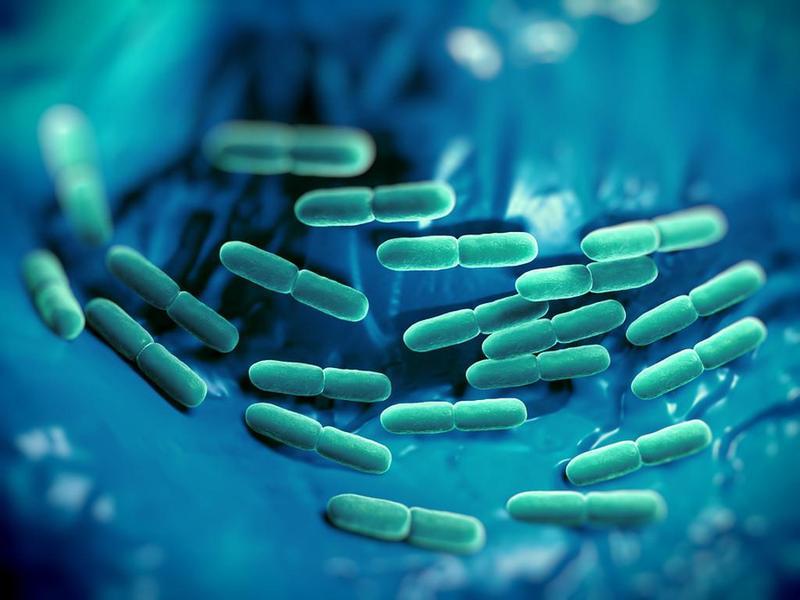Study Finds Gut Bacteria Help Prevent Post Traumatic Stress Disorder (PTSD)
Study Finds Gut Bacteria Help Prevent Post Traumatic Stress Disorder (PTSD)
When you think of good bacteria you probably think of gut health or yogurt, but you probably don’t think of post-traumatic stress disorder (PTSD). It’s hard to imagine that microscopic bacteria could have anything to do with this trauma-induced condition, but new research on the topic is changing views of psychological health and wellness.
A new animal study at one of Canada’s leading medical research universities, McMaster University in Hamilton, Ontario, Canada, found that certain gut microbes can actually prevent PTSD. This ground-breaking animal study found that calm mice have much more diverse microbiomes than stressed mice. Scientists refer to the microbiome as the communities of microorganisms that inhabit your skin, mouth, gut and other parts of your body. Like fingerprints, no two microbiomes are the same. They vary as much as the human beings on the planet. (Check out my blog “What is a Microbiome and 5 Ways to Keep Yours Healthy.”)
Scientists have been busy cataloguing the vast range of bacteria that live on or within the human body in the same way that other scientists have been busy cataloguing DNA in the Human Genome Project. Called the Human Microbiome Project (HMP), they have discovered that each of us has a collection of whole ecosystems of microbes in our intestines, mouth, nose, hands, and every other part of our body. Even the left hand’s bacterial ecosystem differs from the right one.
And, thanks to this new research we know that microbial diversity plays a key role in preventing the psychological disorder post-traumatic stress disorder, which is common among those who have been to war, suffered abuse, or experienced some other serious trauma.
The great news is that the researchers also found that giving the stressed animals some of the same bacteria found in the guts of calm mice had a positive impact on their demeanor. This ground-breaking research suggests a new direction for the prevention and treatment of PTSD and other psychological disorders including: anxiety and depression.
According to the lead researcher, Paul Forsythe: “What we found was an imbalance in the gut microbiota of the stressed mice. The gut and bowels are a very complex ecology. The less diversity, the greater disruption to the body.”
Fortunately, it is easy to increase the diversity of bacteria in the gut. The best way to do so is to increase the amount of fermented foods in your diet. These foods include: yogurt or dairy-free yogurt, sauerkraut, kimchi, miso and kombucha. Be sure to choose ones that contain live cultures and have not been pasteurized, since pasteurization kills the beneficial bacteria.
by Care2
Be the first to post a message!
